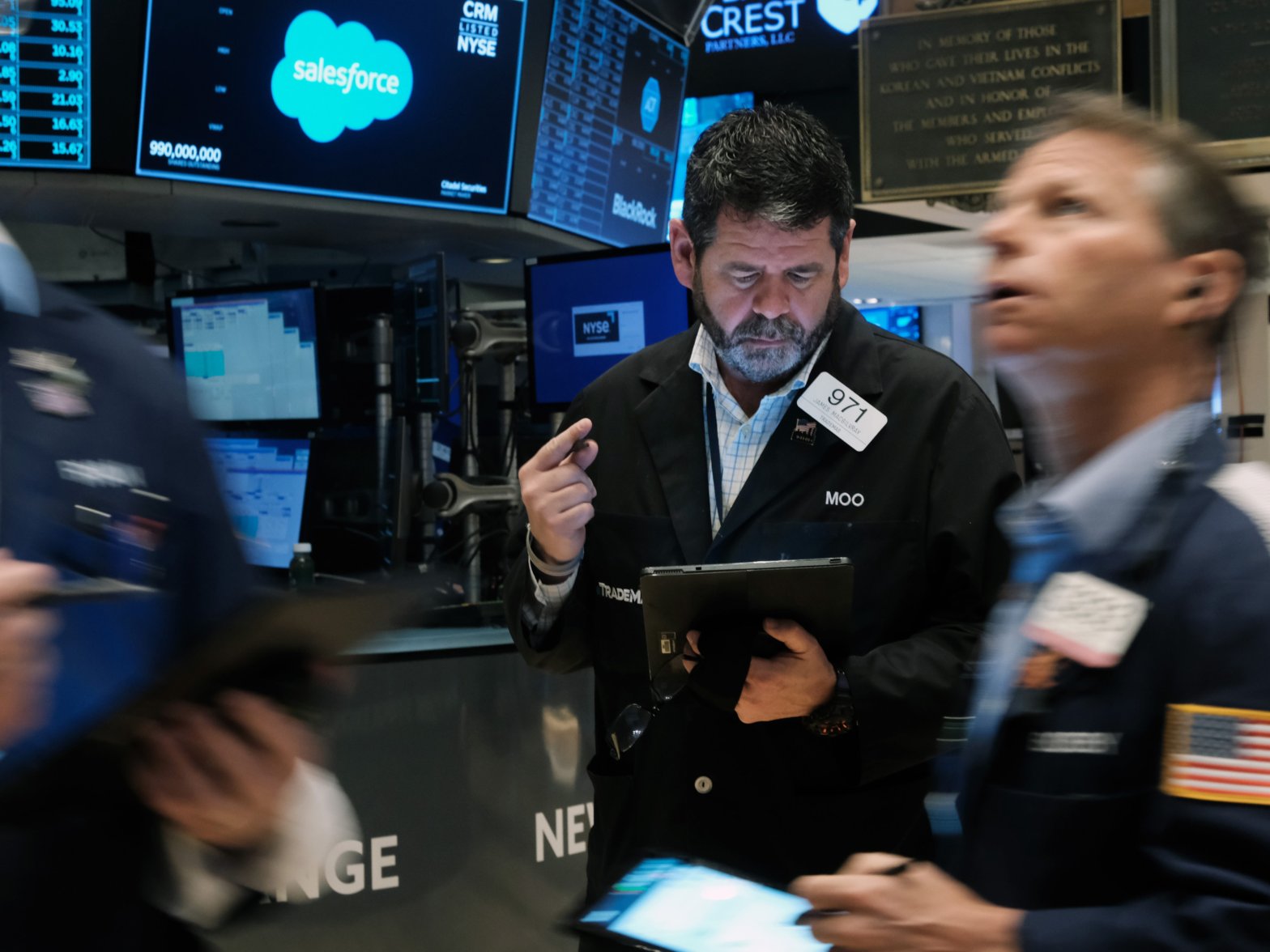Investors are fleeing bank stocks after the quick failure of Silicon Valley lender SVB Financial. So far, experts say its faults shouldn’t harm the rest of the US financial system. Goldman Sachs is pointing traders to the highest-growth stocks in the new-look financial sector. US financial stocks were walloped this week after the back-to-back failures of Silicon Valley startup lender SVB Financial and crypto lender Silvergate.
Silvergate said Thursday that it would liquidate voluntarily in response to recent industry and regulatory developments. SVB, meanwhile, disclosed large losses in its bond portfolio thanks to factors like rising interest rates.
SVB said it planned to sell stock to cover those losses. Investors responded by dumping its shares, which would have lost value in the event of that stock sale. The stock fell 60% in a day.
That fanned fears about the bank’s overall health, and reports circulated that firms were telling founders to get their money out of the bank, which lent money to lots of startups, especially in healthcare and tech. Concerns about a run on the bank proved self-fulfilling, and on Friday, regulators shut down the bank.
That completed the largest bank failure since 2008, at the height of the Global Financial Crisis.
Shares of other banks were hammered because investors grew concerned that the factors that felled Silvergate and SVB would turn into a contagion that would harm the entire financial system. The KBW Nasdaq Bank Index fell 7.7% Thursday, its worst single-day loss in almost three years. On Friday it fell a further 4%.
But immediately after the collapse, experts said they weren’t seeing danger signs from other financial institutions.
“We are not currently seeing classic signs of contagion, such as stress in the interbank market,” said Mark Haefele, chief investment officer for UBS Global Wealth Management. Mark Hackett, the chief of investment research for Nationwide, seconded that assessment.
Given the speed at which SVB unraveled, it’s perhaps not a surprise that investors weren’t immediately reassured. But if the failure of SVB doesn’t turn into a systemic crisis, investors’ confidence should eventually recover. And when that happens, there will be another noteworthy change to take into account.
On March 17, S&P Dow Jones will change the makeup of a handful of stock market sectors. The largest changes will involve tech and financials, as companies including Visa, Microsoft, and PayPal will be moved out of the tech classification and into financials.
Retailers Target, Dollar General, and Dollar Tree will also be moved out of the consumer discretionary category and into consumer staples, where they will join Walmart and Costco.
The changes will reverberate as ETFs and funds that track those sectors will have to adjust their holdings. Goldman Sachs Chief US Equity Strategist David Kostin says the moves will add more growth to the financial group, which is traditionally seen as a value stock area.
Kostin and his team wrote that the stocks below will be the strongest growth plays in the sector based on their expected compound earnings per share growth rates from 2021 through 2024. They’re ranked from lowest to highest based on an average of analysts’ estimates of earnings growth over that period.
